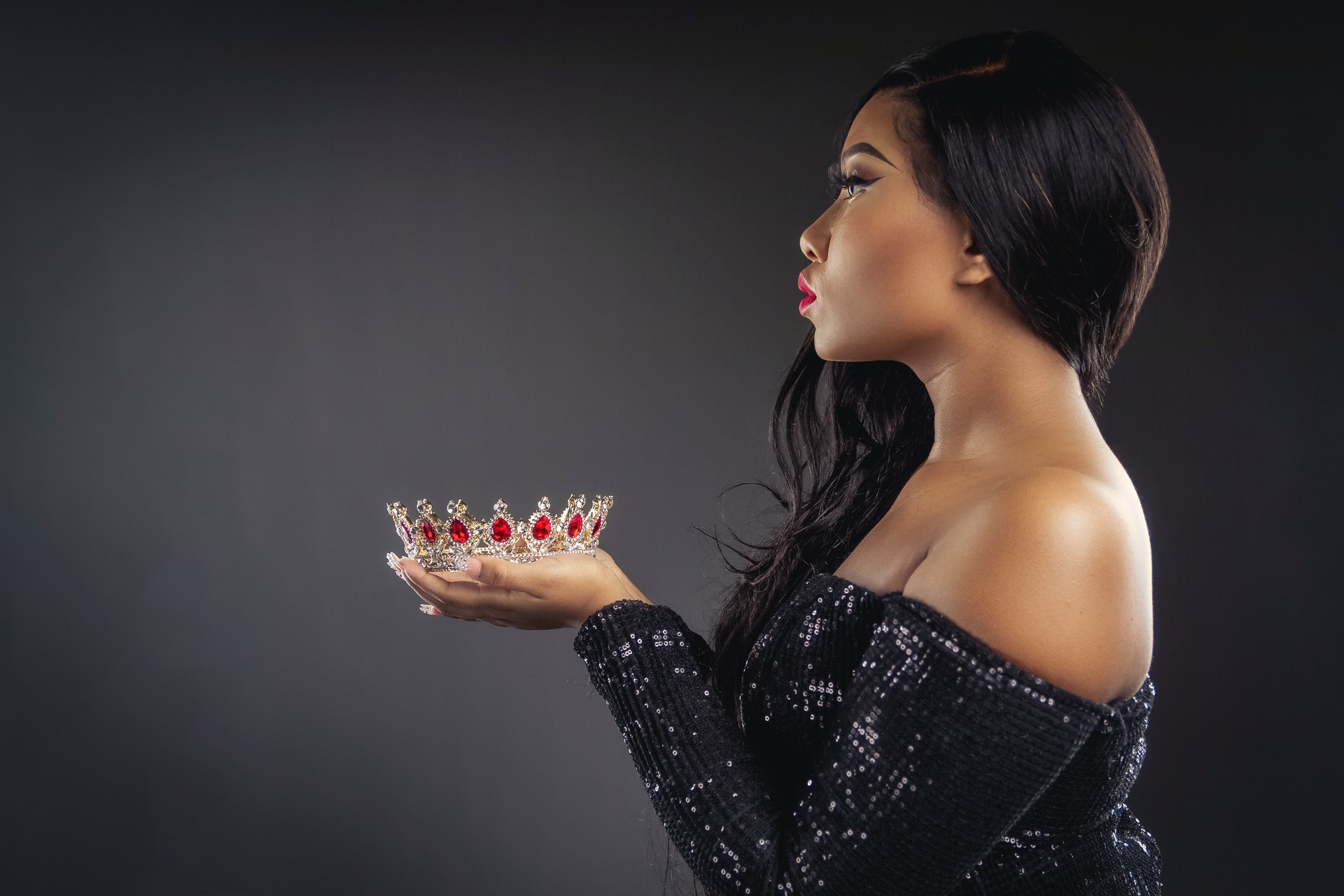n Pirates of the Caribbean: Curse of the Black Pearl, Captain Jack Sparrow (Johnny Depp) utters important words to a young Will Turner (Orlando Bloom): “The only rules that really matter are these: what a man can do and what a man can’t do.” This philosophy is of utmost importance in realizing your personal sovereignty — your rulership over your life and your domain. Beyond good and evil, legal and illegal, right and wrong, there lies the question of ability — what you can or can’t do and why.
Exploring and exercising personal sovereignty has been a long journey for me. I live with bipolar disorder, generalized anxiety disorder, autism, and attention deficit/hyperactivity disorder. On a good day, the world is a frightening place for me. My senses are turned up to eleven trying to regulate behavior, understand social interactions, maintain focus, and appear “normal”. On a bad day, I am confined to my mattress, curled up in a ball while I vibrate with anxiety and fear arising from bad brain chemistry and my own darkness. It took me a very long time — and lots of medication, therapy, and education — to realize that I was capable of more than I allowed myself to be.
I was socialized as a woman, and appearances were very important to my natal family. For a long time I internalized limitations based on that social role and value. I considered my tomboyish curiosities in cars, woodworking, and outdoorsmanship to be useful skills, and I liked collecting useful skills just in case the apocalypse happened, but they weren’t womanly and so I shied away from pursuing them actively. Later in life, I came to realize that I am nonbinary, encompassing both manliness and womanliness but so much more that can’t be genderized. This realization, for me, was the key to unlocking my personal power. I was no longer limited by a gender role that didn’t suit me. I was a human being. I could forge my own path.
I experienced this revelation through gender. But other people may experience it through sexuality, spirituality, lifestyle, or food values. Whatever the mechanism, the realization that one is a sovereign being is the first step in realizing one’s personal power.
The question does indeed come down to what you can do and what you can’t do. In any moment. In any situation. Regardless of other forces. You can buy that pint of deluxe ice cream. You can take a different route home from work. You can binge-watch a whole season of Star Trek: Discovery. You can give money to that panhandler at Wal-Mart. You can intervene when someone’s being harassed. You can protest an unjust situation. You can work magick to fulfill your heart’s desire. You can change the world.
The Question of Should
Realizing your personal power can be a heady experience, but many times it’s overshadowed by the question of should — I can do these things, but should I? Should is an important question. It is also a question that should be left up to yourself. As a wise priest once told me, “No one likes to be should upon.” Others’ expectations of your behavior should be taken into account, as well as the reasons for those expectations. After all, we are social creatures and our actions have consequences not only for ourselves but also for others. But ultimately, the question of ‘should I?’ should be answered by your own conscience according to your own moral and ethical code. This is the first key in wielding your personal sovereignty wisely.
Who’s Going to Stop You?
Just like you have sovereignty over your own life, everyone else has sovereignty over theirs. When these things interact, it can cause friction or conflict. That’s why we have institutions like law and social acceptability to impose limitations on behavior. Illegal actions have defined consequences. Socially unacceptable actions have established social consequences. If you walk around naked in front of other consenting adults in an environment where such behavior is acceptable, then you probably aren’t going to have any problems. However, if you walk around naked in a public area with children present, then you’ve committed a sex crime and there will be legal actions and consequences for it.
When considering the limitations imposed upon you by institutions, it’s important to consider whether acting according to your desires is ultimately worth the consequences. Will it affect your housing, your financial situation, your support system? Is acting contrary to the limitations imposed upon you in the moment going to affect you long-term? If you’re changing your hairstyle or hair color or dressing in gender non-conforming clothing, it may affect you socially but there’s nothing illegal about it. If you’re taking direct action to protest an unjust law, there may be legal consequences that will affect you for years after the action. The question is, is it worth it?
Only you can answer that question.
The Recourse of the Oppressed
Witchcraft has traditionally been the recourse of the oppressed. If you’ve been screwed over by someone, curse them. If you’re facing a daunting legal challenge, work magick for a good outcome — or at least a procedural error that will get the problem dismissed. If you’re lonely, cast a spell to bring your true love to you. If you need work, create a talisman that will make you appealing to employers. For thousands of years, this is what the Craft has been used for.
When you can’t exercise your personal sovereignty in mundane ways, magick is available to you. You can use it according to your needs. That’s what it’s there for. The idea that magick should only be used for the Great Work according to your True Will is a modern notion; historically, most witches tended to focus on more practical problems, leaving personal development and spiritual advancement for times when those practical problems were in good order.
It’s Up To You — But You Are Not Alone
Ultimately, you are the ruler of your own life. You get to make the decisions that affect it. This is a scary and powerful realization, a heavy mantle of responsibility. Millennials call it adulting. Older generations call it responsibility. The ancient ones call it life. Remember, as you explore this notion of personal sovereignty in your own life, that you are not alone. We are social creatures. We live for the connections we make with others. And the sovereignty of a small group can indeed change the world in ways that an individual alone would struggle to do. Look to your household, you friends, your family. Build your court of advisors. Heed their words. And go forth and rule your domain with love and wisdom.

